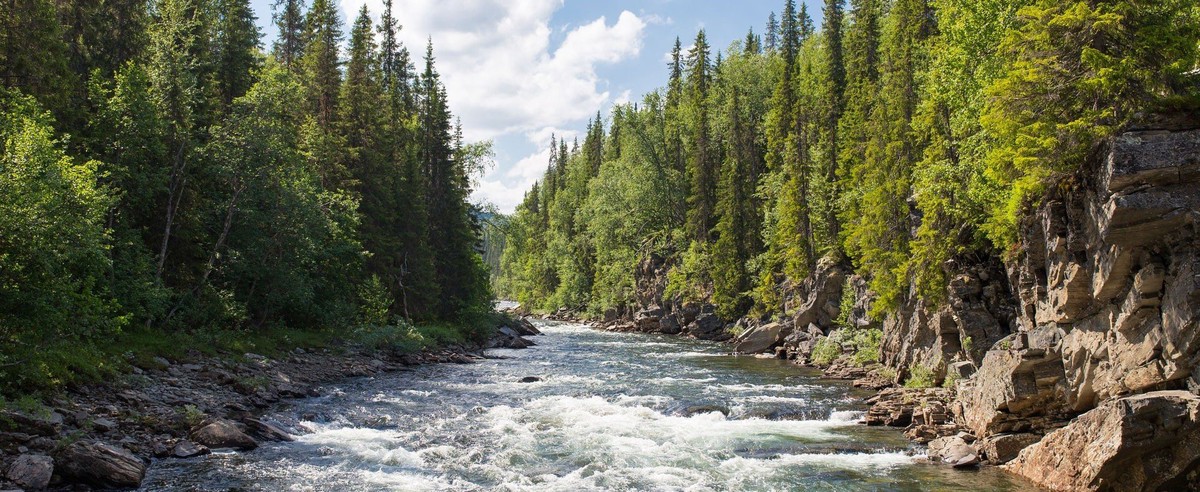Selected for the CUAHSI/NOAA National Water Center Innovators Program - Summer Institute 2023!

I am excited and honored to share that I have been selected to participate the prestigious the National Water Center Innovators Program - Summer Institute 2023. The National Water Center Innovators Program Summer Institute is a seven-week experiential learning program that brings graduate students together with academic researchers, other professionals, and National Water Center staff. The Summer Institute is a partnership between CUAHSI and NOAA that aims to engage the academic community in research to advance the mission of the National Water Center. Since the first Summer Institute in 2015, more than 180 students have participated in the program, which continues to play an important role in advancing the National Water Model and water prediction in the United States.
The Innovators Program is a unique platform that brings together bright minds from various backgrounds to work collaboratively on addressing pressing water management and prediction challenges. Students work in small teams and are mentored by university faculty and other professionals.The 2023 Summer Institute’s thematic focus aligns perfectly with my research interests, and I am eager to contribute to these significant areas of study:
-
Hydro-Data Science for NextGen
-
Urban Flooding Under Climate Change
-
Real-Time Urban Flooding Awareness
-
Channel Flow Routing and Flood Inundation Mapping
I am confident that the knowledge and experience gained during this program will significantly influence my Ph.D. research and future endeavors in water science.
I am grateful to CUAHSI and NOAA for this remarkable opportunity and I am proud to represent University of Central Florida at such a prestigious national event. I am looking forward to learning from and contributing to this dynamic community.
🎉Exciting news! Javed @javedali99 has been selected to participate in the National Water Center Innovators Program - Summer Institute 2023.
— Coastal Risks & Engineering Lab @UCF (@CoRELabUCF) May 29, 2023
He'll work on water prediction and flood modeling problems along with other participants. Thanks to @CUAHSI & @NOAA for the opportunity. pic.twitter.com/UdcDGMyvBe